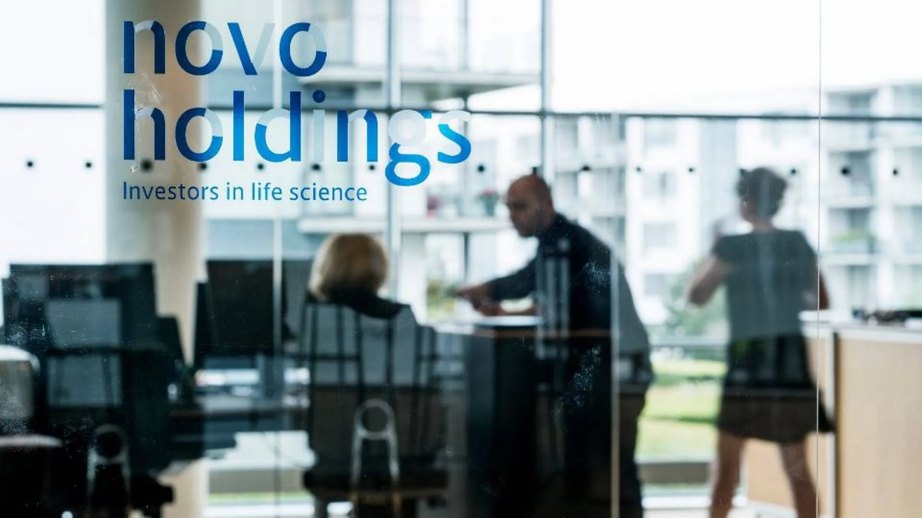Novo Nordisk parent to invest $200 million in quantum computing startups

In a move signaling a significant leap for life sciences, Novo Holdings, the parent company of Danish pharmaceutical giant Novo Nordisk, has announced a multi-million investment in quantum computing. Novo Holdings announced on Wednesday it planned to invest around $200 million in quantum computing startups.
Novo Holdings, known for its majority stake in Novo Nordisk, maker of the renowned obesity drug Wegovy and diabetes treatment Ozempic, disclosed its investment plans on Wednesday. As the investment arm of the Novo Nordisk Foundation, Novo Holdings is taking a proactive stance in the burgeoning field of quantum computing.
Life Sciences Get a Quantum Leap
Experts in academia and industry foresee quantum computing as one of the most transformative technological advancements of the 21st century. Unlike classical computers that rely on bits represented by 0s or 1s, quantum computers utilize quantum bits, or qubits, capable of encoding information as 0s, 1s, or both simultaneously. The potential of quantum computing lies in its ability to perform complex mathematical calculations millions of times faster than today’s fastest supercomputers.
Both tech giants and governmental bodies have been actively engaged in the race to develop quantum computers harnessing the principles of quantum mechanics. These machines hold the promise of executing scientific computations that would otherwise take conventional computers millions of years.
Novo Holdings‘ decision to channel funds into quantum computing startups underscores its vision to cultivate an ecosystem conducive to innovation, particularly within the life sciences sector, with a focus on Nordic countries.
The integration of quantum computing into pharmaceutical research and other life sciences endeavors carries the promise of expediting drug discovery processes significantly. Soren Moller, managing partner of seed investments at Novo Holdings, emphasized the wide-ranging applications of quantum technology within the life sciences. From modeling proteins to analyzing complex biological datasets, the potential impact of quantum computing is immense.
“There are some obvious applications, such as drug discovery, building quantum models of proteins and seeing how they interact with molecules,” Soren Moller, managing partner of seed investments at Novo Holdings, told Reuters in an interview.
Moller remarked, “This technology will be transformational for life sciences, but we are at the very early stages. We don’t have quantum computers at the moment, so we believe this is the right time to lean forward and make these investments.”


